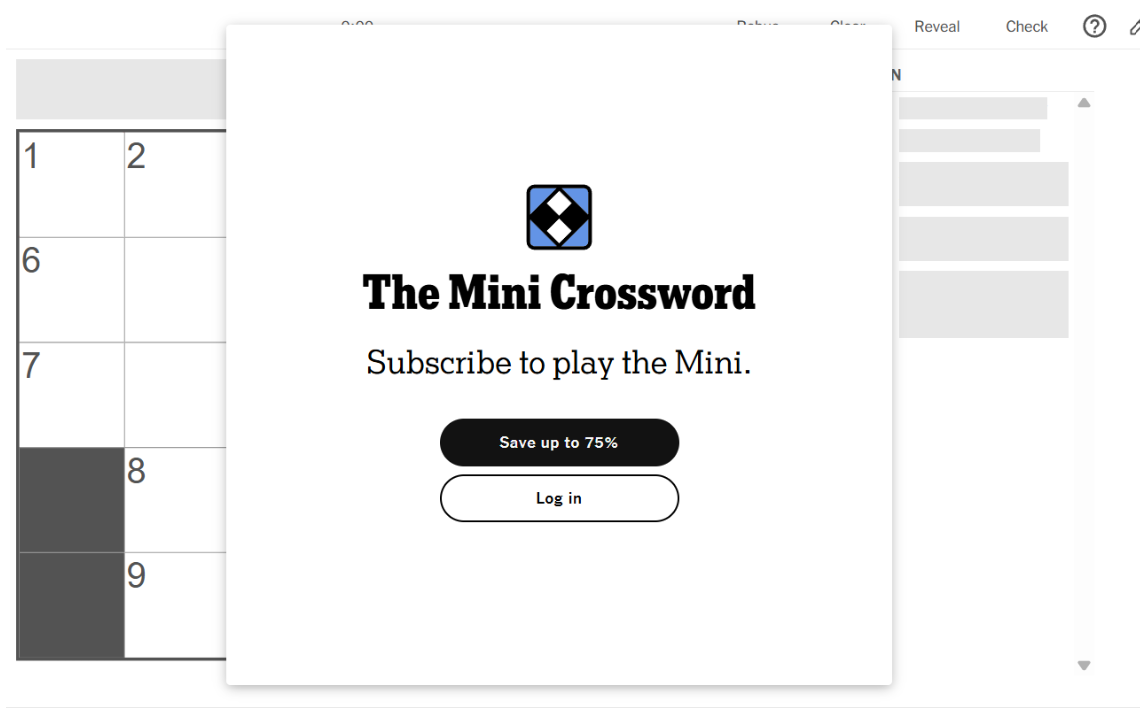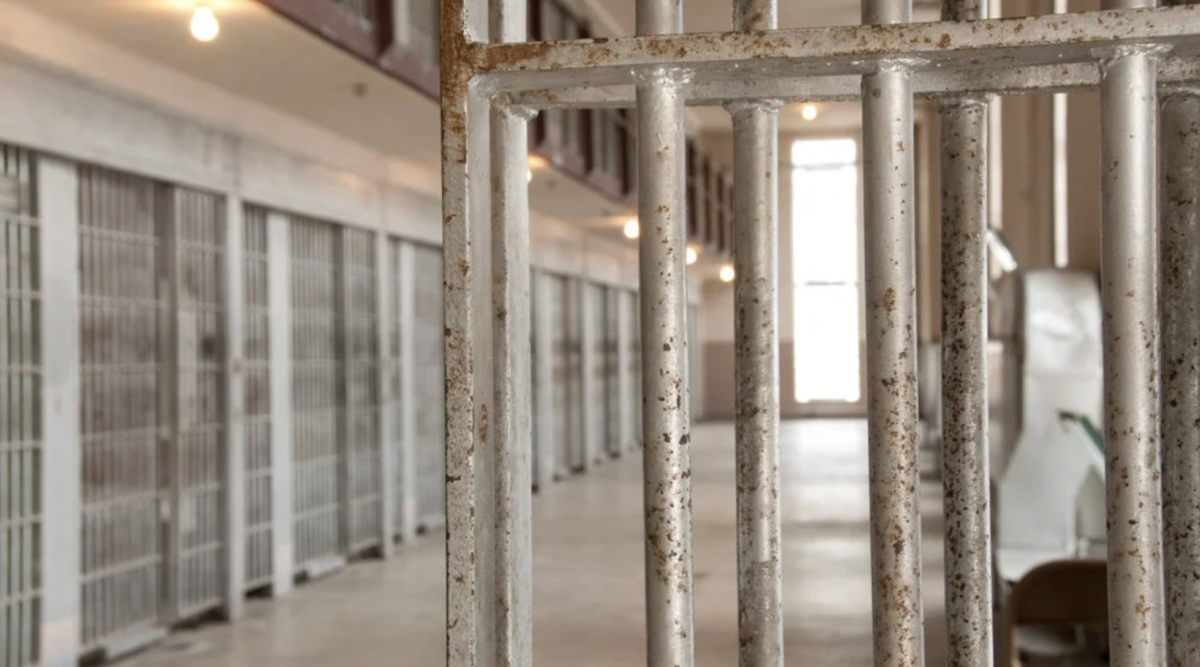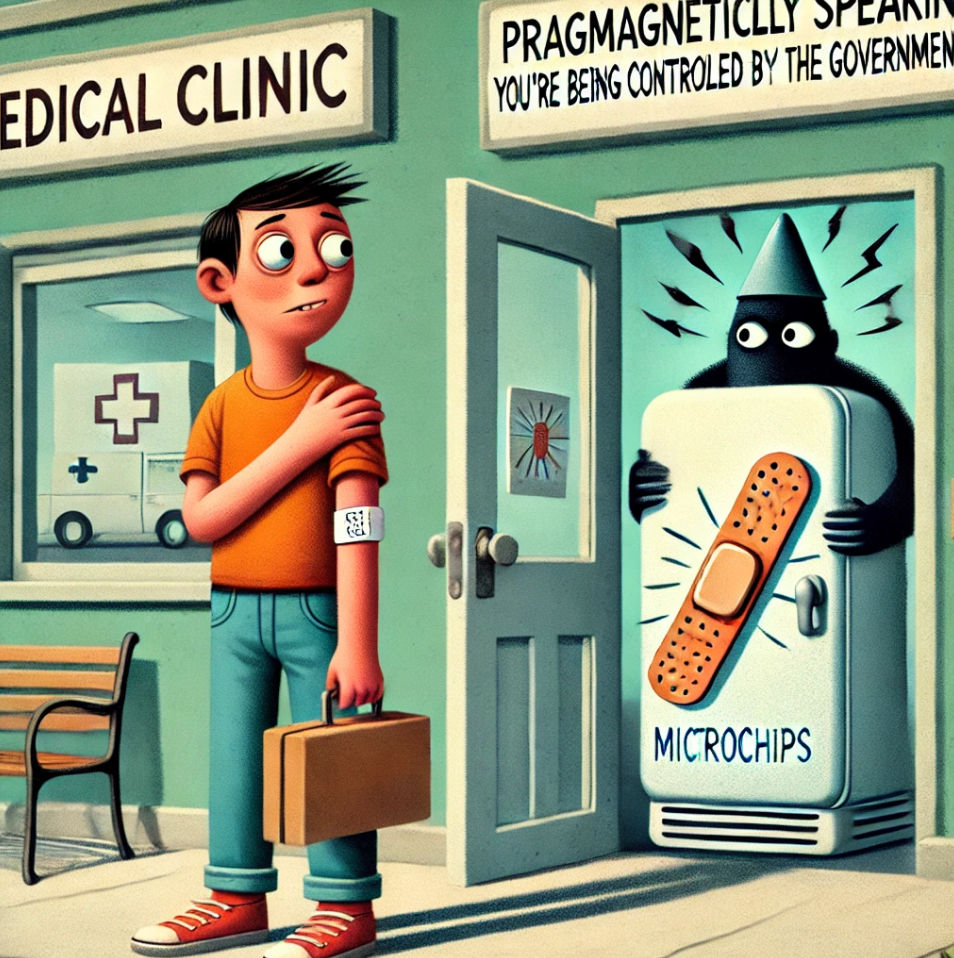For most high school and college students, eight hours of sleep on a school night is very difficult to attain. Many people have to live with this nightly routine: the hours tick by as a stack of work slowly diminishes, and the chances of going to bed early are further and further out of reach. As unavoidable as this schedule might be, there are methods we can use to improve your sleep experience.
Let’s start with trimming down your schedule. This choice is the one that is the hardest to make. Students and parents design busy schedules to maximize extracurriculars and activities. But, from my experience, having less in your schedule can be well worth it. Not taking a zero-period class this year has significantly improved my sleep schedule. I feel less groggy in the morning, and it is easier to get out of bed. Also, my productivity during the day has improved, letting me finish my work during the day quicker and go to bed earlier. If you can, try to reduce the amount of things you have to do during the day. Convince your parents that you are taking unnecessary classes, or spend less time on activities that you don’t think are helping you. Whatever you do, know that the extra time you sleep will help you better perform at everything else you choose to continue doing.
Next, let’s talk about what to do before going to bed. The first thing is to avoid eating close to sleeping. Unless you are hungry, in which case eating is good, it is best not to eat within two hours before bed.
Eating large meals before bed can affect digestion and sleep quality. If you lie down immediately after eating, you risk gastroesophageal reflux (GER). GER happens when the contents of the stomach go back up to the esophagus. Lying down shortly after eating causes food to potentially press against the muscles between the stomach and the esophagus and re-enter the esophagus. GER can cause heartburn, nausea, and a putrid taste in the mouth.
Eating before bed also reduces sleep quality. High calorie meals close to going to sleep can make it difficult to fall asleep. According to the National Center of Biotechnology Information, eating before bed also makes people more likely to wake up in the middle of the night. Overall, it is best to avoid eating one or two hours before bed.
The other thing to avoid before bed is phone use. A 2019 study from Common Sense Media found that 68% of teens keep a mobile device close within reach in bed. With our minds dominated by endless scrolling and short-form content, having a phone nearby is harmful for maximizing sleep time. Some strategies to avoid phone use are having a different nighttime activity, like reading, putting the phone in a different room, and turning on “Do Not Disturb” mode.
The last thing to remember about managing your sleep schedule is that some times it is not worth it to stay up late working. As we have all been told many times, it is not good to cram for exams or stay up late. If you find yourself writing an essay at 2 AM, it’s likely better to ask for an extension. Studying late at night will also hurt the total amount of REM, or rapid-eye-movement, sleep you get, which is the time when your brain processes and retains the information you learned. Prioritizing your health and mood over academics will help you improve your happiness.
Good sleep will positively affect your mood, energy, and health. Hopefully, these tips will help bring your sweet dreams of having good sleep into reality.
Sources:
Johnson, Sydney. “Almost a third of teenagers sleep with their phones, survey finds.” EdSource, 28 May 2019, https://edsource.org/2019/almost-a-third-of-teenagers-sleep-with-their-phones-survey-finds/612995. Accessed 8 February 2024.
Sinclair, Louise. “Should you cram or sleep? What to do to pass your exams.” Colgate Professional, November 2021, https://www.colgateprofessional.com/students-faculty/trending-topics/should-you-cram-or-sleep. Accessed 8 February 2024.
Singh, Abhinav. “Is It Bad To Eat Before Bed? – Nutrition and Sleep.” Sleep Foundation, 9 January 2024, https://www.sleepfoundation.org/nutrition/is-it-bad-to-eat-before-bed. Accessed 8 February 2024.

















![Teacher [Milk] Tea: Part 2](https://bisvquill.com/wp-content/uploads/2024/03/Screen-Shot-2024-03-19-at-9.28.48-PM.png)









































